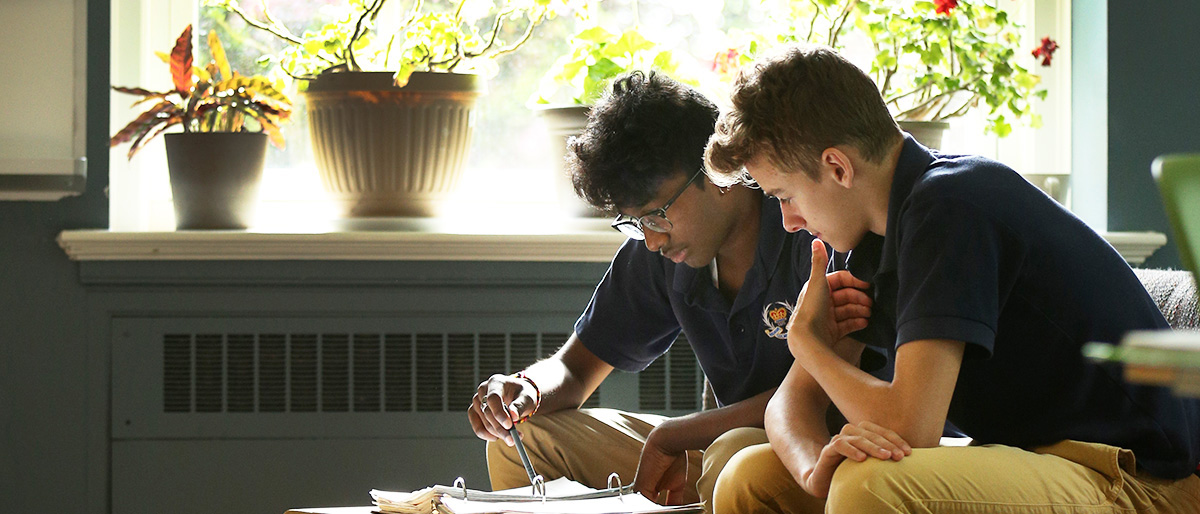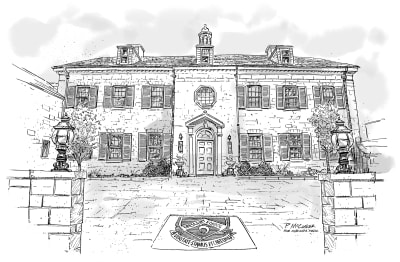So what's to be said about all-boy schools?
"In the last 10, perhaps 20 years, boys' schools have changed," says Mary Gauthier, former director of the Wernham West Centre for Learning, a research and support element of Upper Canada College in Toronto, Ontario.

Nothing shows that change more than the extent to which boys in all-boy situations "are comfortable in theatre and creative arts," says Gauthier, who spent 15 years in a coed school before joining Upper Canada College. "The first thing I noticed," she says, "was how in assembly when the boys sing, they really sing."
"We know that learning takes place where people are socially accepted and they feel comfortable and respected. It's the same for boys as for girls-they need to be valued as individuals."
An example of the new approach: In Grades 6 to 8, boys are often seen as impulsive and disorganized different teaching techniques are required. Upper Canada College teachers in those grades, says Gauthier, are encouraged at the start of class to remind the boys what they learned in the previous lesson, tell them what this lesson will be about, and personally acknowledge each student. "You have to be very intentional about what you're doing," she says. "It helps the boys work to their potential."
The aim, of course, is to produce boys who are more aware, sensitive, and awake to the world around them. "We celebrate the way they are," Gauthier says.


























